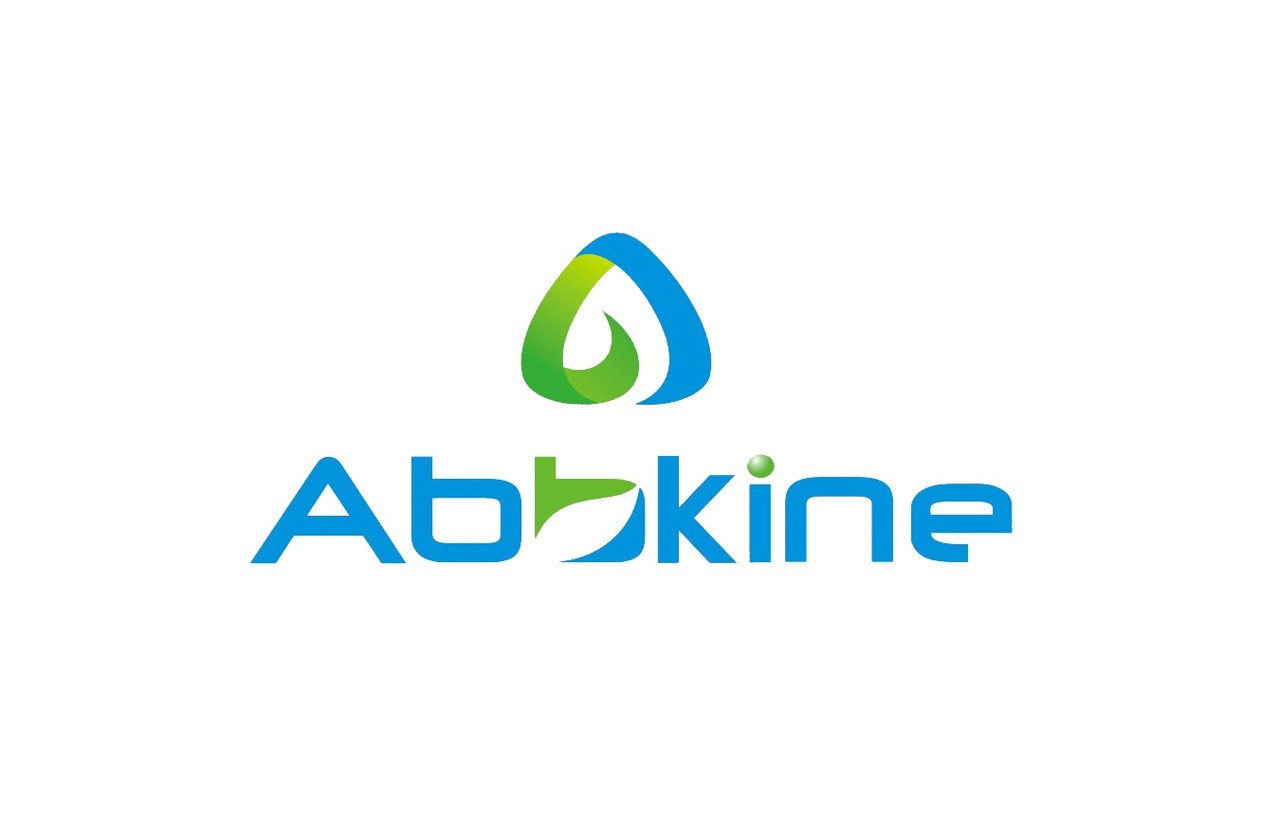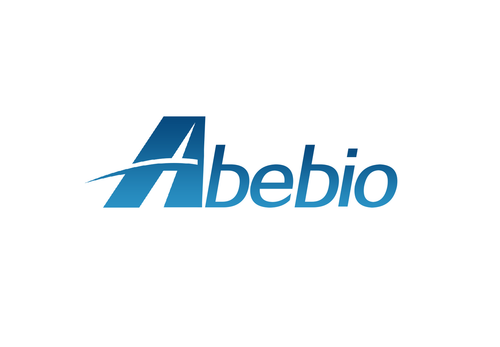Product Description
Mouse Serine/threonine-protein kinase pim-3 (PIM3) ELISA Kit | KTE70748 | Abbkine
Application: This Mouse Serine/threonine-protein kinase pim-3 (PIM3) ELISA Kit employs a two-site sandwich ELISA to quantitate PIM3 in samples. An antibody specific for PIM3 has been pre-coated onto a microplate. Standards and samples are pipetted into the wells and anyPIM3 present is bound by the immobilized antibody. After removing any unbound substances, a biotin-conjugated antibody specific for PIM3 is added to the wells. After washing, Streptavidin conjugated Horseradish Peroxidase (HRP) is added to the wells. Following a wash to remove any unbound avidin-enzyme reagent, a substrate solution is added to the wells and color develops in proportion to the amount of PIM3 bound in the initial step. The color development is stopped and the intensity of the color is measured.
Detection Method: Colorimetric
Conjugate: N/A
Sample Type: Cell culture supernatants#Serum#Plasma#Other biological fluids
Assay Type: Multiple steps standard sandwich ELISA assay with a working time of 3-5 hours. It depends on the experience of the operation person.
Kit Component: • Mouse Serine/threonine-protein kinase pim-3 microplate
• Mouse Serine/threonine-protein kinase pim-3 standard
• Mouse Serine/threonine-protein kinase pim-3 detect antibody
• Streptavidin-HRP
• Standard diluent
• Assay buffer
• HRP substrate
• Stop solution
• Wash buffer
• Plate covers
Features & Benefits: Mouse Serine/threonine-protein kinase pim-3 (PIM3) ELISA Kit has high sensitivity and excellent specificity for detection of Mouse PIM3. No significant cross-reactivity or interference between Mouse PIM3 and analogues was observed.
Calibration Range: Please inquire
Limit Of Detection: Please inquire
Usage Note: • Do not mix components from different kit lots or use reagents beyond the kit expiration date.
• Allow all reagents to warm to room temperature for at least 30 minutes before opening.
• Pre-rinse the pipet tip with reagent, use fresh pipet tips for each sample, standard and reagent to avoid contamination.
• Unused wells must be kept desiccated at 4 °C in the sealed bag provided.
• Mix Thoroughly is very important for the result. It is recommended using low frequency oscillator or slight hand shaking every 10 minutes.
• It is recommended that all samples and standards be assayed in duplicate or triplicate.
Storage Instruction: The unopened kit should be stored at 2 - 8°C. After opening, please store refer to protocols.
Shipping: Gel pack with blue ice.
Precaution The product listed herein is for research use only and is not intended for use in human or clinical diagnosis. Suggested applications of our products are not recommendations to use our products in violation of any patent or as a license. We cannot be responsible for patent infringements or other violations that may occur with the use of this product.
Background: The deduced 326-amino acid protein has a calculated molecular mass of 35.9 kD. PIM3 shares 95% amino acid identity with rodent Pim3 and 57.1% and 44.0% amino acid identity with human PIM1 and PIM2, respectively. Northern blot analysis detected a 2.4-kb transcript in heart, skeletal muscle, brain, spleen, kidney, placenta, lung, and peripheral blood leukocytes. Expression was not detected in colon, thymus, liver, and small intestine. Immunohistochemical analysis showed no expression of PIM3 in normal liver, but it localized diffusely in large regenerative nodules and adenomatous hyperplasia, lesions with precancerous potential, adjacent to hepatocellar carcinoma areas. PIM3 was expressed in all hepatoma cell lines examined.
Alternative Names: PIM3; CITF22-49E9.1; pim-3; serine/threonine kinase Pim-3; serine/threonine protein kinase pim-3; serine/threonine-protein kinase pim-3
Search name: PIM3; CITF22-49E9.1; pim-3; serine/threonine kinase Pim-3; serine/threonine protein kinase pim-3; serine/threonine-protein kinase pim-3
Tag: PIM3
 Euro
Euro
 USD
USD
 British Pound
British Pound
 NULL
NULL








